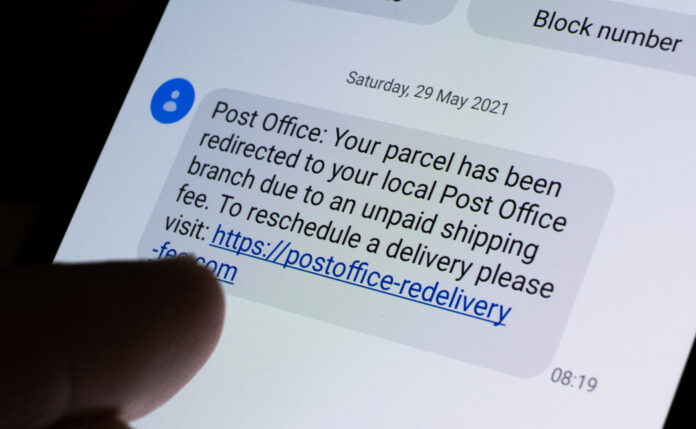Australians lost $3.1 billion to scammers last year.
That is a mountain of money and a world of theft.
That was 80 per cent up on the year before, and the Australian Competition and Consumer Commission (ACCC) says these blighters who fleece people are getting harder to spot because they are getting increasingly sophisticated.
It can be as simple as responding to a text that your package was unable to be delivered or as complex as ‘lending’ money to someone you thought you had a connection with. The top reported scams are all online.
Do you have an opinion to share? Submit a Letter to the Editor at Sunshine Coast News via news@sunshinecoastnews.com.au. You must include your name and suburb.
At worst, people lose their hearts, life savings and homes.
The problem is so large and so widespread that the ACCC set up a separate entity in July to handle it – the National Anti-Scam Centre – to coordinate government, law enforcement and the private sectors to combat scams.
The feeling of being tricked is dreadfully unpleasant.
Even if it is over something small, the emotions evoked are broad: dread, foolishness, fear or anger.
But while scams used to be Nigerian princes, badly worded emails and ‘spray and pray’ appeals for donations, ChatGPT’s evil cousin WormGPT is starting to really shake things up, impersonating writing styles, personalising social media posts and even creating videos and images that look so real that they might live and breathe.

Imagine if those scammers put their energy into something constructive and used their wily ways for good. All this scamming and makes us wary and, worse, even jaded.
This week, I received a text message purporting to be from my insurer RACQ, telling me to respond to the email they had sent to arrange rectification for overcharging my family in years of premiums.
I could not find the email and smelt a rat.
But that evening, My Beloved said his colleague had mentioned something similar and that it was the real deal – his workmate got $800 back.
So, I called the insurer, thinking if it was a scam, the call would serve to notify them about it.
At best, I might end the call a bit richer.
The voice on the other end assured me the rectification was ridgy-didge and that My Beloved and I were owed the tidy sum of just over $600.
I thanked him, saying it wasn’t every day that someone tried so hard to give me money.
The money has not appeared in our bank account yet, so I don’t yet know if we are victors or victims.
Dr Jane Stephens is a UniSC journalism lecturer, media commentator and writer.





